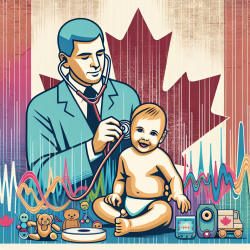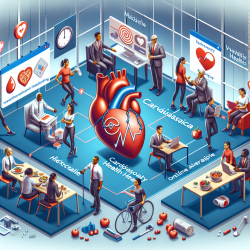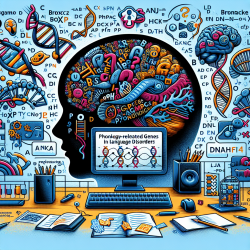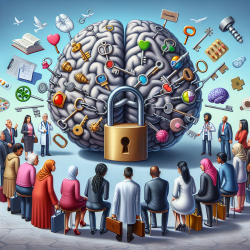Introduction
In the ever-evolving landscape of dementia care, practitioners are constantly seeking innovative methods to enhance the quality of life for patients. One such groundbreaking approach is Musical Dual-Task Training (MDTT), which combines cognitive and physical exercises through music. A recent study titled Musical dual-task training in patients with mild-to-moderate dementia: a randomized controlled trial sheds light on the potential of MDTT to improve attention control, balance, and reduce agitation in patients with mild-to-moderate dementia.
The Power of Music in Dementia Care
Music has long been recognized for its therapeutic benefits, particularly in dementia care. The study conducted by Chen and Pei explores the efficacy of MDTT, where patients engage in simultaneous music-making and physical tasks. This dual-task approach is designed to enhance attention control, which is often impaired in dementia patients.
Key Findings
- Improved Attention Control: The study found that participants in the MDTT group exhibited significant improvements in attention control compared to the control group.
- Enhanced Falls Efficacy: Participants who underwent MDTT showed a better ability to manage falls, a crucial aspect for dementia patients prone to falls.
- Reduced Agitation: MDTT was effective in maintaining agitation levels, whereas the control group experienced an increase in agitation.
Implications for Practitioners
For practitioners in the field of dementia care, the results of this study are promising. Implementing MDTT could lead to significant improvements in patient outcomes. Here are some ways practitioners can leverage these findings:
- Integrate Music-Based Activities: Incorporate music-making tasks such as singing or playing instruments into therapy sessions to engage patients both cognitively and physically.
- Focus on Dual-Task Training: Design activities that require patients to perform cognitive and physical tasks simultaneously, enhancing their attention control and reducing the risk of falls.
- Monitor Agitation Levels: Use music therapy as a tool to manage and reduce agitation, improving overall patient well-being.
Encouraging Further Research
While the study provides valuable insights, further research is needed to explore the long-term effects of MDTT and its applicability to various types of dementia. Practitioners are encouraged to collaborate with researchers to expand the evidence base and refine music therapy protocols.
Conclusion
Musical Dual-Task Training represents a promising advancement in dementia care, offering a holistic approach to improving cognitive and physical health. By embracing this innovative therapy, practitioners can make a meaningful impact on the lives of their patients.
To read the original research paper, please follow this link: Musical dual-task training in patients with mild-to-moderate dementia: a randomized controlled trial.










